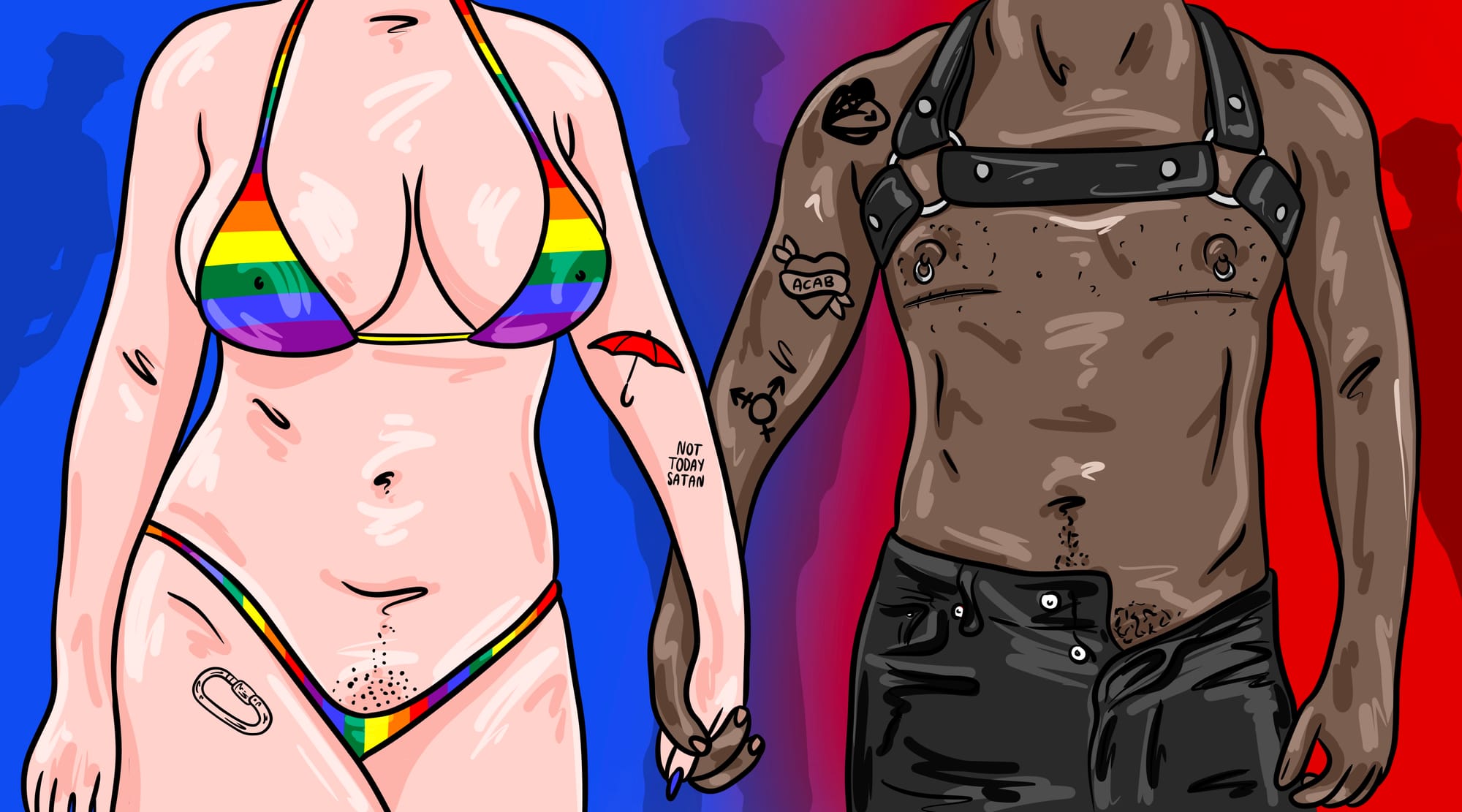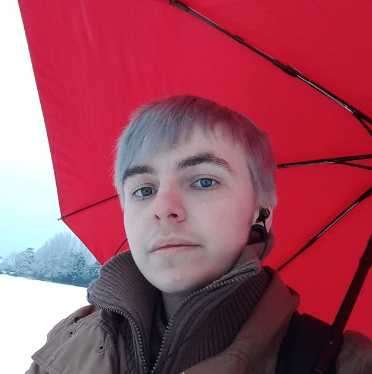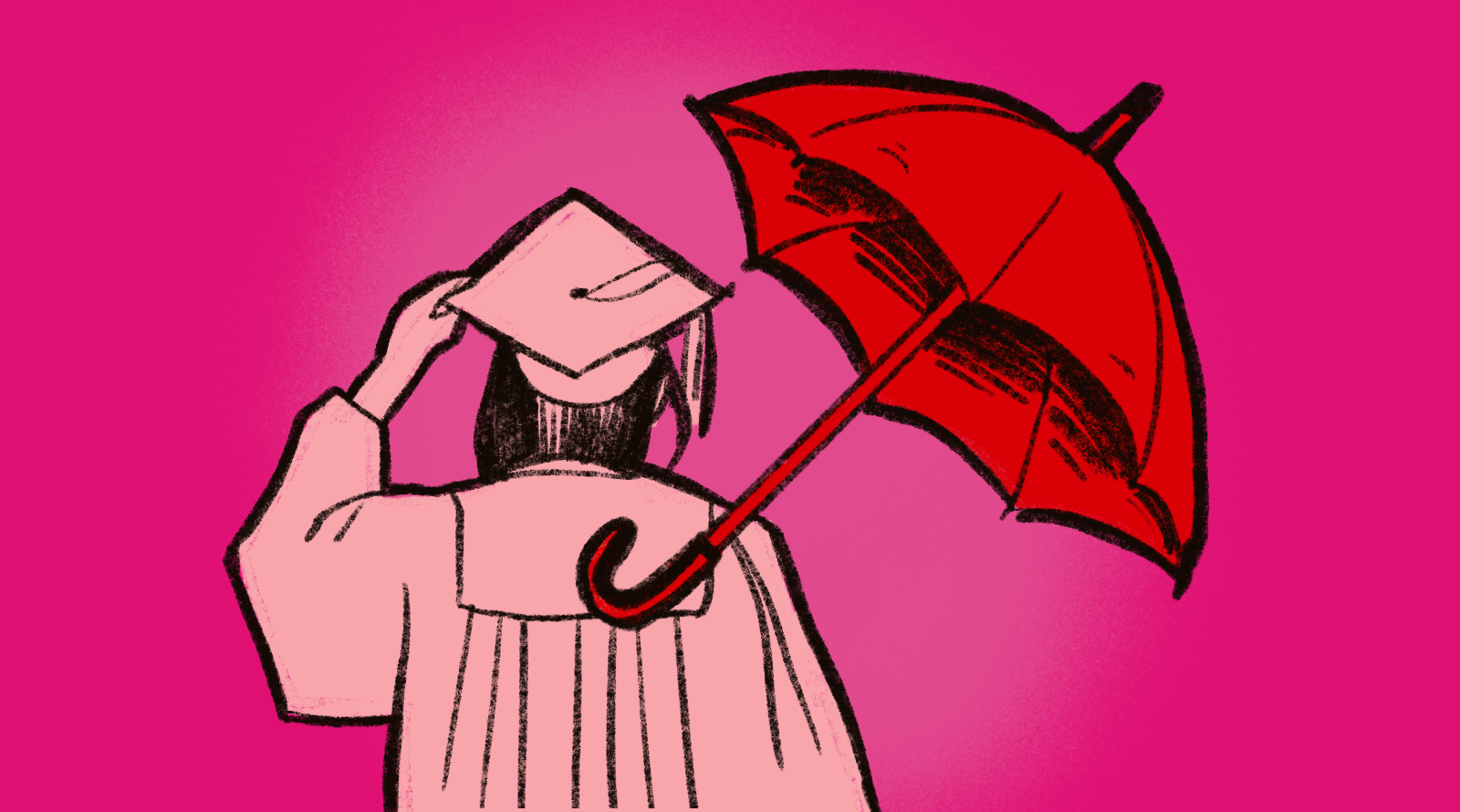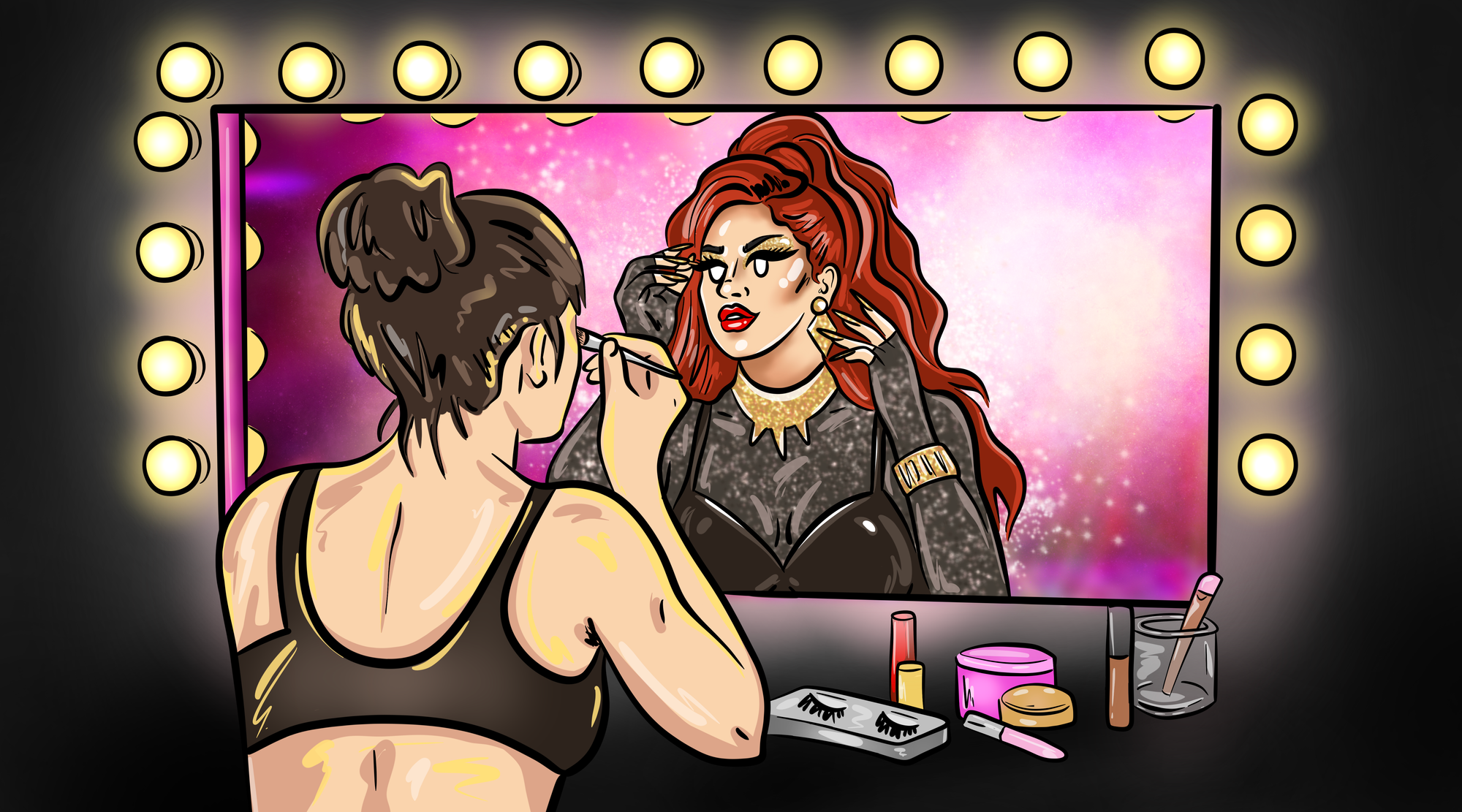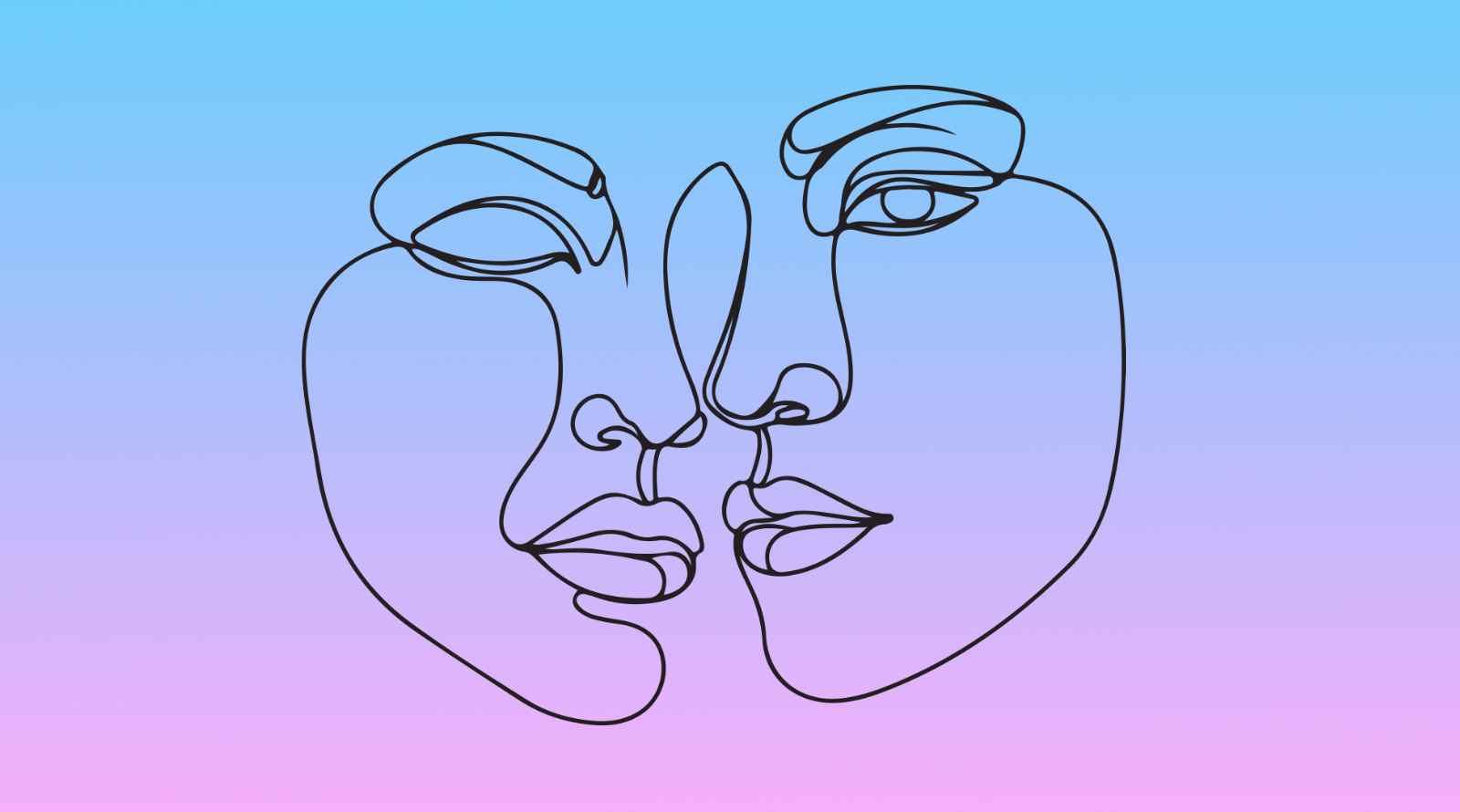Content warning: mentions of violence against queer people and sex workers, including specific perpetrators names.
In certain countries where it is no longer illegal for queer people to have sex with each other, or for trans people to wear clothing which is deemed to be inappropriate for their gender, parts of the queer community appear to have forgotten our shared history of being targeted by the police. This lack of understanding – this loss of generational, communal knowledge – of how much the police have harmed us, and of the threat they still pose to us now, leads some organizers to welcome the cops at LGBTQ+ Pride with rather open arms.
The people who pioneered the very concept of Pride were anti-cop, not just by politic, but by necessity. Queer people in the US in the 60’s were at risk of arrest simply for living their lives, with bars like the Stonewall Inn being raided under the banner of anti cross-dressing laws and liquor licensing violations. A large proportion of gay and trans people engaged in sex work to make ends meet, because they faced such significant employment discrimination that they had no other viable options. Welcoming the police to their demonstrations wasn’t a possibility, because the riots and marches and protests they held were in opposition to those same police.
The people who pioneered the very concept of Pride were anti-cop, not just by politic, but by necessity.
Since sex workers belong to a group that is still criminalized, we continue to be anti-cop by necessity. We do not invite the police to our demonstrations or get close to them. There are many LGBTQ+ Pride organizers who avoid police and refuse to cooperate with them in the same way sex workers still do, but the larger, more corporate events have a tendency to diverge from their radical roots and liaise directly with this violent arm of the state.
Pride organizers could learn from the sex workers who refuse to budge on our anti-police stance. There is no way to stop the police from showing up to demonstrations, particularly when populated by marginalized people, but that doesn’t mean we have to encourage them.
When I attended London Pride as a teenager in the 2010s, I saw participants taking pictures with the police and uniformed officers marching in the parade itself. Officers would wear rainbow face paint and garlands and badges. They would chat to people and make small talk. In 2017, police arrested and assaulted 5 queer people at Glasgow Pride for the simple acts of holding signs and chanting. That same year London Pride allowed 150 police officers to take part. These same police often only march in uniform, not just as a PR stunt, but as a show of force.
The Sex/Work Strike took place in London for the first time in 2018, and has repeated in the years since. To those who suggest that liaising with the police is an unavoidable reality of modern event organizing, I can point to the Sex/Work Strike as evidence that this just isn’t true. London Pride’s inclusion of police, in what is already a sanitized celebration of LGBTQ+ people rather than a demand for queer liberation, was a result of cowardice.
There is no way to stop the police from showing up to demonstrations, particularly when populated by marginalized people, but that doesn’t mean we have to encourage them.
Every public sex worker event I have been to in the UK employs a plethora of tactics to protect the sex workers who attend, from the police. Not inviting the cops to join is so far below the bare minimum that it is a shock to me that so many Pride events can’t clear that bar. Sex workers are constantly handing out cards with information about rights upon arrest, carrying signs to warn people not to talk to the police officers wearing blue bibs (who attend protests to gather information), and blocking the faces of our most vulnerable community members from the sight of the police.
Those who plan Pride events could use these same tactics. It would give them the freedom to criticize the police in speeches and signage. Small groups, like the five activists in Glasgow, are at such high risk because they are in a small minority, but with the solidarity of the entire movement it becomes much harder for anyone to be arrested on ludicrous charges like “breach of the peace”.
We’ve seen minor improvements to London Pride over the past few years, with regards to the police being less welcome. In 2022, uniformed police officers were asked not to march in the parade itself, as a response to a trial showing the level of homophobia that the police demonstrated while investigating the murders of 4 gay men. This was not an isolated incident resulting from some bad apples, and it is not a situation that is foreign to sex workers. Serial killers like Stephen Port get away with more killings because their victims are gay, just as the Yorkshire Ripper got away with more killings because his victims were sex workers.
It’s not just in the UK that large scale Pride events cooperate with the police, despite the violence they enact upon the queer community. It’s a problem across the globe. People invoke the names of Marsha P. Johnson and Sylvia Rivera, then turn around and participate in photo ops with the cops. These activists were not only queer and trans, they were also sex workers who constantly condemned the police.
To truly build a movement which protects its members from police surveillance and harassment, whilst still allowing the most marginalized people to have their voices heard when they speak out in protest, LGBTQ+ activists must include sex workers in Pride, rather than just copying our tactics.
LGBTQ+ activists must include sex workers in Pride, rather than just copying our tactics.
To this day, queer people are more likely to sell sex than cisgender heterosexuals are, because we are so often made homeless or unemployed due to discrimination. Whether Pride events make a point of including us or not, sex workers should end up being a visible presence solely because we make up such a big proportion of the community. That Pride lacks a large visible sex worker contingent is the result of the police swarming it, which in turn means the organizers lack sex workers among them to advise on limiting the police’s involvement. It’s a vicious cycle.
Sex workers and queer people have had solidarity for a long time, because our groups overlap and we face similar issues. Now that there is a greater disparity in the level of stigma towards each group, sex workers appear to be getting left behind in the larger fight for liberation. In the process, sex workers’ expertise on how to protect ourselves from the police is being left behind too.
Pride is a protest that began with a riot in response to police brutality and unjust arrests, involving many queer sex workers. Though much has changed in the decades since, queer sex workers still take the brunt of the shame and mistreatment from the general public and the police. Pride organizers could learn some things from us, if they put in the work to make us welcome.
Are you a sex worker with a story, opinion, news, or tips to share? We'd love to hear from you!
We started the tryst.link sex worker blog to help amplify those who aren't handed the mic and bring attention to the issues ya'll care about the most. Got a tale to tell? 👇☂️✨

